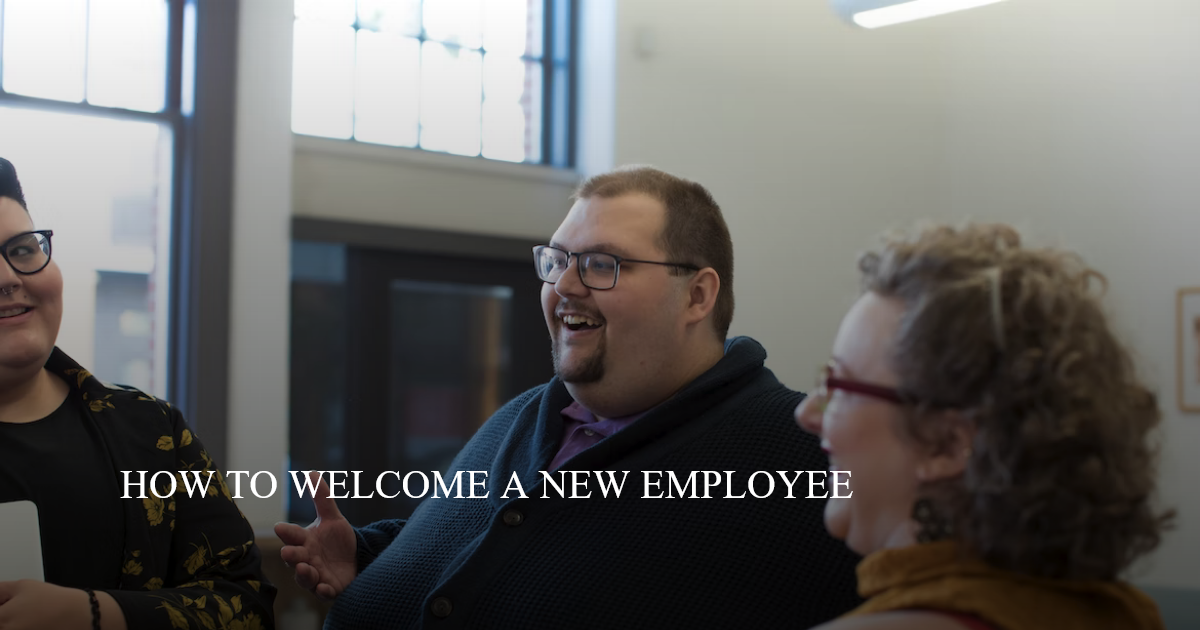A few weeks ago I attended a Talent Acquisition and Selection conference in San Francisco.
Having been playing in ‘the recruitment game’ for 20 years now, I was absolutely shocked when the research was presented about just how poorly nearly 100,000 candidates had described their own recent recruitment experiences.
I’ve written previously about why a poor candidate experience can be bad for business. So it shouldn’t really come as much of a surprise to anyone reading this post that the candidate experience is an integral part of the hiring process that can impact just how effectively your organisation can attract and recruit quality talent.
When did you last walk a mile in your candidates’ shoes?
How would you feel if you were on the receiving end of some of your company’s automated email responses?
Worse still, how you would feel if you just never heard anything after submitting your application to a company you had your heart set on working for?
More and more candidates are starting to feel disrespected and even resentful during their recruitment process.
My plan is to share many of the findings that were presented at the conference in future posts. However I’ll be using this post to set the scene and to reinforce that whether you’re a business owner, hiring manager, or internal recruiter, it’s up to you to ensure that you treat your future potential employees with the respect they so rightly deserve.
1. The application process
Have you gone through your own application process first hand recently? I don’t just mean thinking about how the process works, but actually really going through it.
Go on – create a dummy résume and submit it through your careers page portal and see what happens.
Is the résume submission process even intuitive? Can you apply via a mobile device? Are you asked to spend 30 – 45 minutes responding to a series of pointless questions?
What’s going through your head while you do this? Perhaps your thinking “this is 30 minutes of my life I’ll never get back“!
What about when you receive that automated response from no-reply@[your company].com that may as well say “Thanks for taking 30 minutes to submit your application. Actually you might never hear from us again!”
Now think for a moment about how many candidates are actually self-ejecting from the process at this point during their application. What if the best talent aren’t even completing their application, choosing instead to abandon because it’s simply all too hard?
2. The selection process
Once a candidate has ‘made the cut’, believe it or not you actually want to set them up for success.
Remember: They applied because they wanted to work for your organisation. You’ve identified them amongst perhaps hundreds of applicants. So why put them off? Or worse, why scare them away?
This is where common courtesy also comes into play.
If a candidate has taken time out of their day to come and meet with you, then you need to spend a decent amount of time with them, even if you realise they’re not quite right.
For example, say it took them 45 minutes to get to your office, and another 45 minutes to get back to work but you only spend 20 minutes with them. How do you think they will feel? What sort of message does that send? How will this translate into any feedback the candidate decides to share within their personal and social networks?
We’ve written so many posts on how to conduct an interview professionally. But one of the most common tips is simply to make the candidate feel relaxed, valued, and aware of exactly what the interview process will entail.
How they are treated on the day will leave a lasting impression whether or not they ultimately get the job. Even the best candidates will self-eject and look for another opportunity elsewhere if they are not treated professionally and with respect during the selection process.
3. The rejection process
The most common complaint from candidates is that they never hear anything after their interview.
Yet getting back to unsuccessful candidates is a common courtesy that many employers and business owners don’t seem to consider necessary any more.
Sure, it’s easy to call a candidate, tell them how impressed you were with them and offer them a job with your organisation. It’s not so easy to call a candidate and tell them they have been unsuccessful. However it’s something you need to do, if only to maintain your professional reputation in the marketplace.
It’s pretty rude when you think about it. After going to all the trouble of preparing an application and then sweating through the interview process, more often than not taking time away from their current job to do so, the candidate then hears nothing more for weeks on end, until finally they are forced to conclude that they didn’t get the job.
If you have had any form of ‘human contact’ with a candidate, you cannot simply send them an automated rejection email.
A 3-5 minute personal phone call letting them down gently, but also providing them with feedback, is all it takes to help maintain your employer brand.
4. The communication process
When recruiting talent for any organisation, communication has always been (and will always be) key.
You need to make the candidate feel important and wanted.
If your candidate is kept in the dark, or only receives automated / electronic messages with no human contact whatsoever during the process, what do you think they will start to believe happens inside the actual organisation? Are people kept in the dark? Are there no personal communication channels?
Way back in the ‘90’s, when we couldn’t create automated email sequences to respond to candidates and we actually had to pick up the phone and speak to every single one of them, we were able to quickly gauge how a candidate was feeling … and respond accordingly.
Also there were no social media platforms for disgruntled candidates to share their frustrations and blacklist your organisation with everyone they knew. Today, in 140 characters and a push of a button, if you’ve created a negative candidate experience, the world will know about it straight away and your employer brand could be tarnished.
Candidates aren’t mind readers. They genuinely want to be given as much information as possible at every stage of the process. And while some candidates may consider ‘no news to be good news’, others may consider ‘no news’ to mean they’ve been rejected. You don’t want them making the wrong assumption.
Trust me … a candidate is never going to accuse you of over communicating.
You might want to consider implementing quality checks and a standard operating protocol around communication and how you and your internal recruitment teams or hiring managers stay in contact with candidates helping to create a more positive candidate experience.





